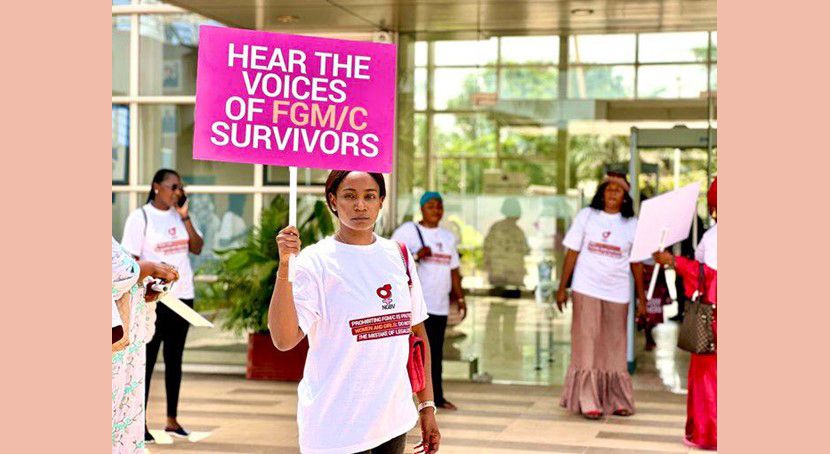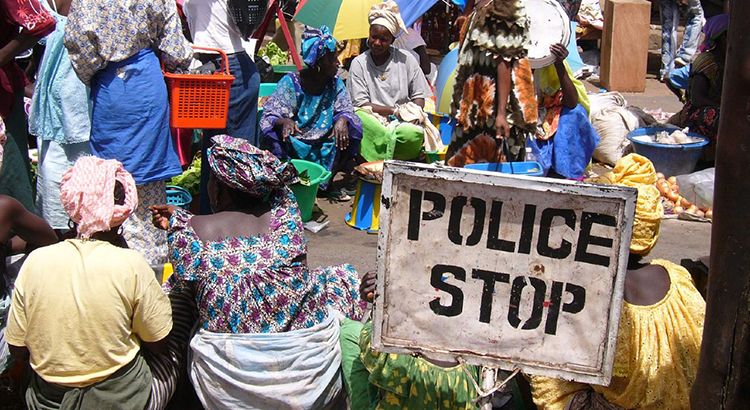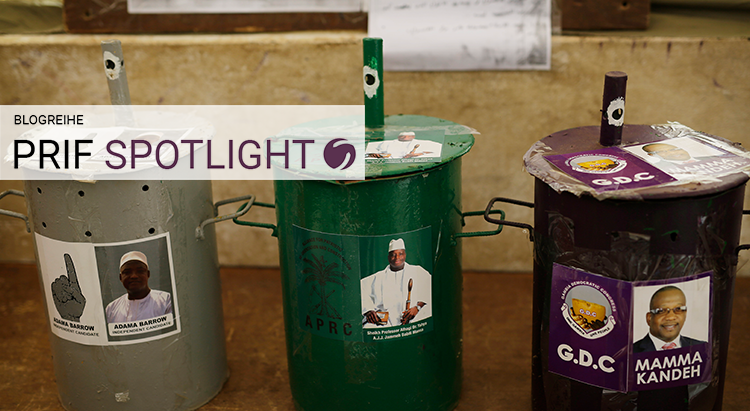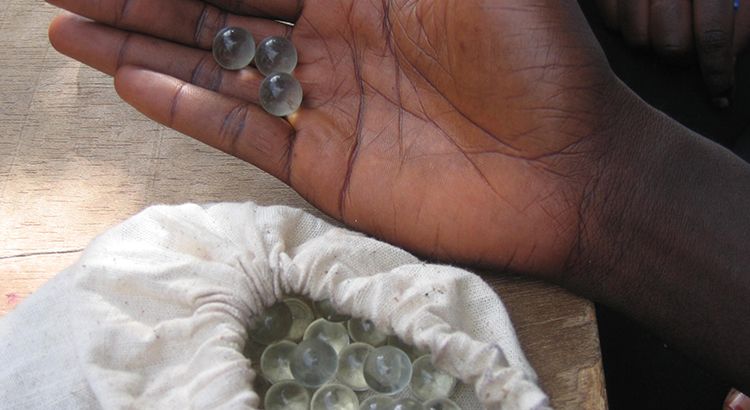Keeping up the Ban against FGM/C: A Strong Signal for Reproductive Health and Rights from The Gambia to the World
Despite a 2015 ban, Female Genital Mutilation/Cutting (FGM/C) remains practiced in The Gambia. A recent bill to repeal the ban now endangered legislative progress so many Gambian women have been holding onto as well as longstanding efforts of civil society organizations. On 15 July 2024, following extensive community engagement and advocacy, the bill was successfully rejected. In the face of a global backlash against sexual and reproductive health and rights (SRHR), what can activists worldwide learn from this success? This blog features an interview with Fatou Baldeh, founder of Women in Liberation and Leadership (WILL) and a leading activist in maintaining the FGM/C ban.



